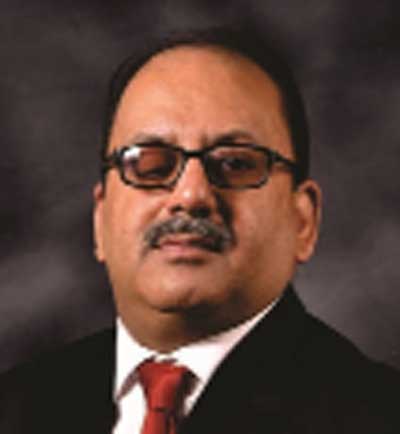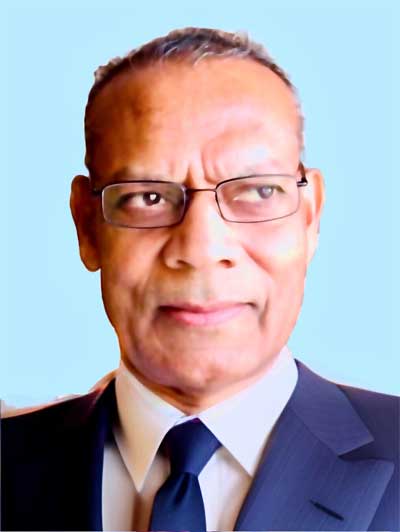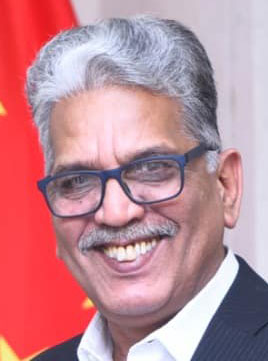
The discussion on the legal aspects of COVID-19 were carried out among the top young brains in the legal fraternity from the United Kingdom, Seychelles, Bangladesh, Malaysia. The discussion was hosted by Mazeltov, Pakistan’s first think tank on innovation and justice. The participants were connected through an online discussion platform enabled by Mazeltov. Law students and legal fraternity enthusiasts participated in the interactive discussion.
Iona Gallagher moderated the discussion from United Kingdom. Currently working for a charity that supports victims of the Northern Ireland Troubles, she is seeking pupillage. Gallagher briefly introduced the situation in England by highlighting the Coronavirus Act 2020 (‘CA’) and looked at the revised police powers under the act.
She explained that Police forces were granted additional powers under Schedule 21 CA to control the movement of the people. Police are authorized to approach “potentially infectious people” and require them to undergo screening for the virus and to restrict their movements. In theory, controlling infectious people will help to control the spread of the virus. However, one in three people are asymptomatic, which is a challenge for the authorities in the UK. She also touched on the use of confidential patient data and whether or not this was a proportionate response to the pandemic.
Rafid Nabi, a Barrister of Law practicing as a Corporate Lawyer at Shawn Novel & Associates, based out of Dhaka, Bangladesh gave the outlook on the situation in Bangladesh. His discussion focused on a comparative analysis of the measures taken by Bangladesh with reference to other developed nations.
He explained that Bangladesh had a head start in its formulation of laws and regulations in dealing with the pandemic as the Infectious Disease (Prevention, Control and Elimination) Act, 2018 was legislated and Coronavirus was listed as an infectious disease under the Act, having retrospective effect from 8th March 2020.
Under the Act, the Directorate of Health was authorized to inspect and take necessary actions about any place, clinic, hospital and diagnostic lab that provides healthcare for contagious diseases, impose isolation and. direct any person in possession of information regarding the disease to provide the same to the Directorate. He highlighted that while neighboring countries were struggling to keep their economy afloat, Bangladesh saw a boom in the IT sector, especially in the e-commerce businesses.
An accredited mediator with ADR ODR International, Angelique Juliette is currently setting up her mediation practice and legal consultancy in Seychelles. Juliette updated the efforts done by Seychelles. As a small island nation nestled in the middle of the Indian Ocean, Seychelles has seen 98,745 people fallen victim to the pandemic. As a result, the Government imposed several restrictions. Under the Public Health Act 1960 (Infectious Diseases) section, the Public Health Commissioner announced new measures through public orders. The orders ranged, from the mandatory wearing of face masks in public places.
A maximum of Rs 20,000 fine was imposed for not complaining with the facemask requirement. Powers were given to the police to direct people to their residence, detain or impose a fine if the members of the public did not comply. Juliette highlighted that the freedom of movement is held very closely to Seychellois, however, given the rise in COVID-19 cases it became something that people understood to be necessary for a collective benefit of the society.
Lastly, the panelist included Barrister at Law, Gobind Pannu, who is an accredited mediator and currently working as a paralegal at Bachan & Kartar, a boutique law firm in Malaysia. He briefed the participants that the Malaysian coronavirus experience has been running concurrently with political turmoil as yet unseen in the country. With the virus spreading through the country, the impact has resulted into sustained political uncertainty.
Many Malaysians looked towards the advice and guidelines presented by the Director-General of the nation’s Ministry of Health. As Malaysia emerged from its third nationwide lockdown, and into the first phase of COVIDvaccinations, Malaysians look towards enjoying some semblance of what used to be the norm in the past.
Established in 2020 by Barrister at Law, Rufruf Chaudhary, Mazeltov is devoted to developing a global knowledge repository on the human challenges and infrastructure confines. Mazeltov has a comprehensive approach for developing a sustainable harmonized legal system and solutions that can help the legal fraternity around the world. The solutions are developed by examining and debating public policy issues by the experts in respective countries.
Mazeltov aims to bridge people, societies and justice by developing innovative practices, policy options and pertained procedures. The organization runs the initiative “Innovation and Justice” to create a global dialogue on novel justice processes, services, platforms, to help nations around the world achieve Sustainable Development Goals.






